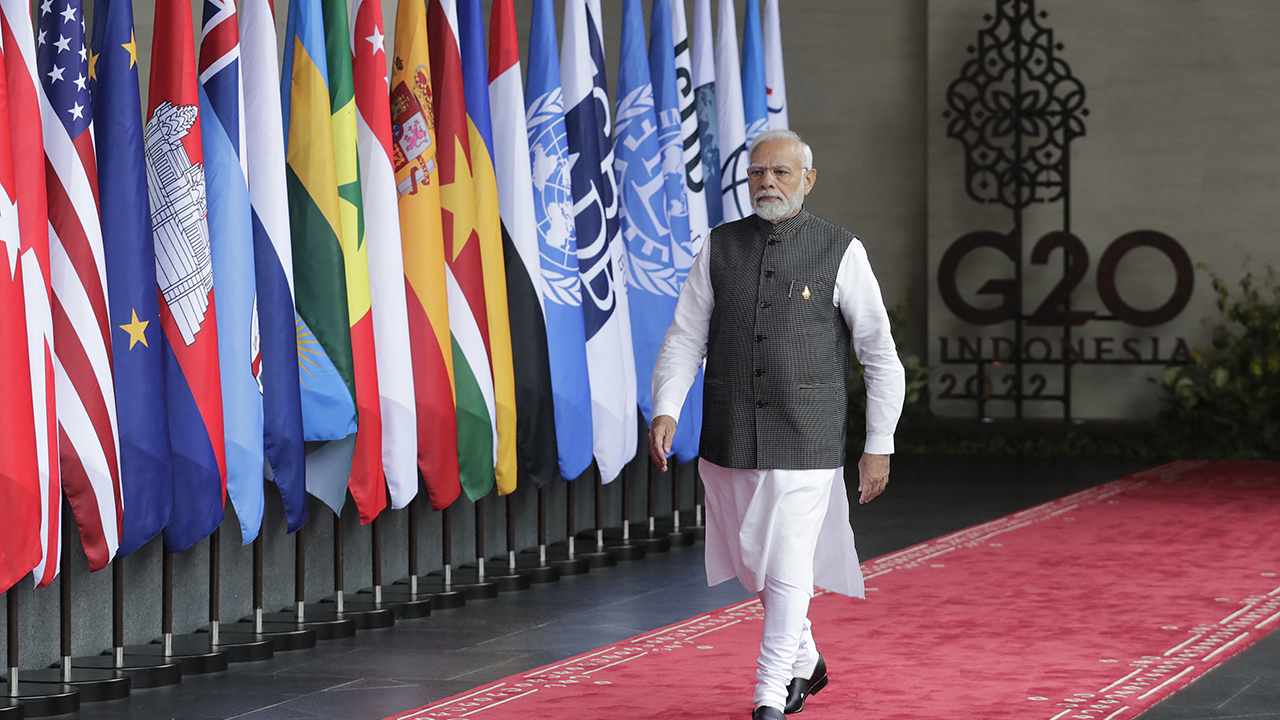
How Americans view the conflicts between Russia and Ukraine, Israel and Hamas, and China and Taiwan
74% of Americans view the war between Russia and Ukraine as important to U.S. national interests – with 43% describing it as very important.
74% of Americans view the war between Russia and Ukraine as important to U.S. national interests – with 43% describing it as very important.
In most countries surveyed, around nine-in-ten or more adults are online. In South Korea, 99% of adults use the internet.
Across more than 20 countries surveyed, a median of 91% say being able to speak their country’s most common language is important for being considered a true national. And 81% say sharing their country’s customs and traditions is important for true belonging.
67% of people in Taiwan see themselves as primarily Taiwanese, compared with 3% who think of themselves as primarily Chinese.
The share of Americans who say the U.S. is giving too much support to Ukraine has grown steadily over the course of the war, especially among Republicans.
65% of Americans say Hamas bears a lot of responsibility for the current conflict, compared with 35% who say this about the Israeli government.
Roughly three-quarters of Americans (76%) have visited at least one other country, including 26% who have been to five or more.
How close do people feel to others around the world? How much do they want their countries involved in international affairs? How do people’s experiences with travel and feelings of international connectedness relate to their views about the world? A recent 24-nation survey explores these questions.
Around three-quarters of adults in Hong Kong (74%) express an emotional attachment to China.
In most places surveyed, more people name China’s influence as a major threat than any of the other geopolitical issues asked about.
Across 12 countries, a median of 40% of adults say they have no confidence in Indian Prime Minister Narendra Modi to do the right thing regarding world affairs. About eight-in-ten Indians have a favorable view of Modi.
Majorities in most countries say China does not take into account the interests of other countries in its foreign policy, and China does not contribute to global peace and stability.
Across 24 countries, large shares have an unfavorable view of Russia and no confidence in Putin to do the right thing regarding world affairs.
Overwhelmingly, people believe the U.S. interferes in the affairs of other countries, but most also believe the U.S. contributes to peace and stability around the world. U.S. President Joe Biden receives mostly positive reviews.












